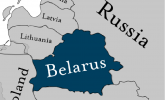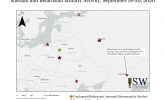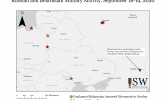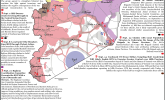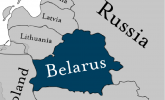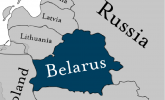September 21, 2020 - ISW Press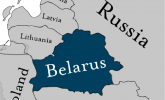
6:15 EDT: The Kremlin significantly expanded its military presence in Belarus to facilitate a brigade-sized “tactical exercise” as part of the Slavic Brotherhood exercise’s “second stage” for September 21-25. Russian forces’ size was at the battalion level during Slavic Brotherhood’s first stage from September 14-21. The Kremlin deployed a battalion tactical group from the Tula-based 106th Guards Airborne Division to Brest, Belarus, for Slavic Brotherhood’s second stage on September 21. Forces from the 106th arrived in Belarus via railway on September 21. There are now elements of two different Russian airborne regiments from two different divisions in Brest. The Kremlin deployed a senior general with extensive combat experience in Syria to "participate in” operations in Belarus. The Kremlin deployed Commander Colonel General Andrei Serdyukov, commander of the Russian Airborne Forces (VDV), to Belarus for Slavic Brotherhood exercises on September 21. Serdyukov commanded the Russian military operation in Syria during the peak of the Assad regime’s Idlib offensive in April-September 2019. Serdyukov’s arrival indicates Russian President Vladimir Putin is actively prioritizing military operations in Belarus, since Russian Airborne Forces are also participating in the Kavkaz 2020 exercises, which should in principle have a higher profile as the premier annual multinational exercise.
